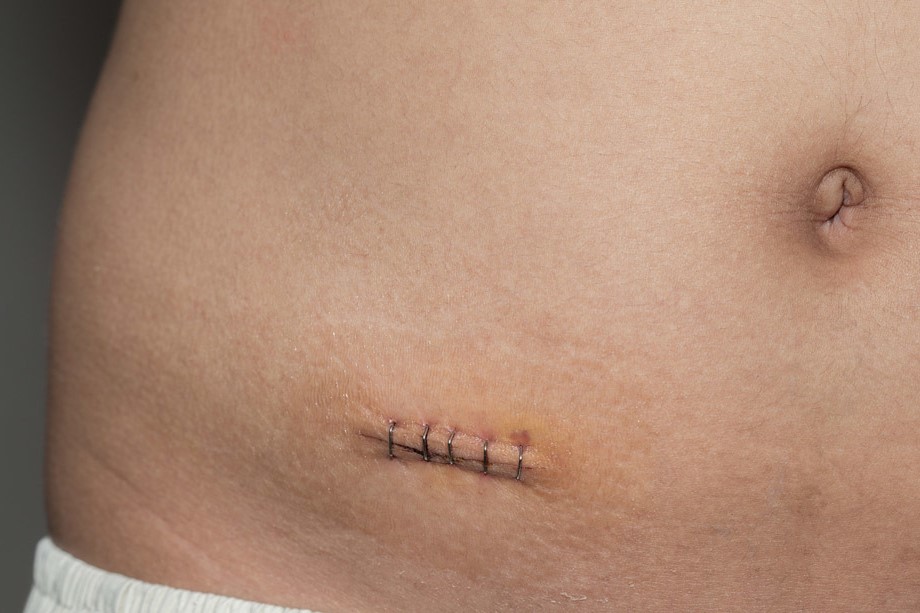
What is an appendectomy? An overview
The procedure to remove the appendix has involved almost everyone in the past: today appendectomy is a procedure of choice in only a few cases
In general, when it is possible today, it is preferred to have the organ flared and not to remove it surgically.
But an inflamed appendix can rupture, so the operation is sometimes considered a medical emergency.
What is the appendix?
Your appendix is a small tubular sac that protrudes from the bottom of your colon, like a little tail.
It is about the length of your index finger.
It is located on the lower right side of your abdomen.
Why is appendicitis an emergency?
Because it is so small, your appendix swells quickly with inflammation and does not take long to burst.
A burst appendix can spread infectious agents throughout the abdominal cavity, leading to peritonitis (inflammation of the abdominal lining).
If the infection spreads into the bloodstream, it can lead to sepsis, a serious systemic disease. Sepsis can be life-threatening.
Your appendix can rupture within 36 hours of the first symptoms of appendicitis, so when seeking treatment, time is of the essence.
Why is the appendix removed?
In most cases, appendectomy is considered the safest treatment for appendicitis.
But a fairly recent school of thought tends to have the organ blown out, avoiding surgery if it is deemed unnecessary.
Schools of thought in medicine are as old as the ars medica itself.
Is appendectomy painful?
During the operation you will sleep under general anaesthesia.
Afterwards, you will probably feel moderate pain at the site of the incision(s).
This should improve within a few days.
Your doctor may prescribe appropriate pain medication to help you manage during your recovery.
Many people do well without prescription painkillers, but you can use them for a few days.
What are the side effects of appendix removal?
You may experience some side effects of the surgery over the next few days.
Common side effects include:
- Nausea.
- Constipation.
- Gas pain after laparoscopy. This may extend to the chest and shoulders.
- Abdominal bloating. This will decrease over the next few weeks.
What are the possible complications of appendectomy?
Complications are rare, but possible.
They include:
- Bleeding.
- Infection of the wound.
- Blocked intestines.
- Injury to nearby organs.
Read Also
Emergency Live Even More…Live: Download The New Free App Of Your Newspaper For IOS And Android
Symptoms Of Appendicitis: When To Seek Emergency Care
Robotic Surgery: Benefits And Risks
Appendicitis: Causes, Symptoms And Treatment
Appendicitis: Symptoms And Causes
Biliary Colic: How To Recognise And Treat It
What’s Causing Your Abdominal Pain And How To Treat It
Do You Have To Face Surgery? Post-Surgery Complications
Appendicitis: What Causes It And How To Deal With It
Bowel Disorders, Ultrasound Of The Intestinal Loops For Diagnosis
Peptic Ulcer, Often Caused By Helicobacter Pylori
Peptic Ulcer: The Differences Between Gastric Ulcer And Duodenal Ulcer
Wales’ Bowel Surgery Death Rate ‘Higher Than Expected’
Irritable Bowel Syndrome (IBS): A Benign Condition To Keep Under Control
Ulcerative Colitis: Is There A Cure?
Refractive Surgery: What Is It For, How Is It Performed And What To Do?
Kidney Cancer: Laparoscopic Surgery And The Latest Technologies
Eye For Health: Cataract Surgery With Intraocular Lenses To Correct Visual Defects
Surgery: Neuronavigation And Monitoring Of Brain Function
Obesity: What Is Bariatric Surgery And When To Do It
Aneurysm Surgery: Traditional Open Surgery
Colorectal Cancer Laparoscopic Surgery
What Is Ocular Pterygium And When Surgery Is Necessary


